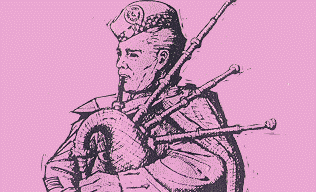STARTS Unnecessary idling wastes gas. A smooth start is
easiest on fuel consumption. "Jack-rabbit" starts cost
money - tires, gasoline. IN TRAFFIC You'll save gas by staying up with the lights and
judging the speed of traffic flow - don't try to lead the other
cars. Remember: you use gasoline when idling at a light as well
as in accelerating away from it. ON HIGHWAYS It's best to travel at constant, moderate speeds.
High speed takes its toll in gasoline consumption through the engine's
demand for more gas and increased wind resistance. HEAVY LOADS AND UNPAVED
ROADS Heavy loads (such as trailers) require more power, therefore more gas. Driving on muddy or bumpy roads requires more gas due to wheel resistance. |
STOPS You'll save, too, if you avoid unnecessary or sudden
stops. You can do this by approaching traffic lights at moderate
speeds, even coasting when traffic permits, and by braking |
|
|
gently. Every time you stop and start,
slow down and accelerate unnecessarily, you consume gasoline. KEEP TIRE PRESSURE UP Soft tires increase rolling friction which must
be overcome by using more gas. TEMPERATURE AFFECT ON LUBRICANTS During cold weather use lighter lubricants that
flow easily. Cold, heavy lubricants create an unnecessary drag that
wastes fuel. Lubrication lets moving parts move freely, saving gasoline. |
